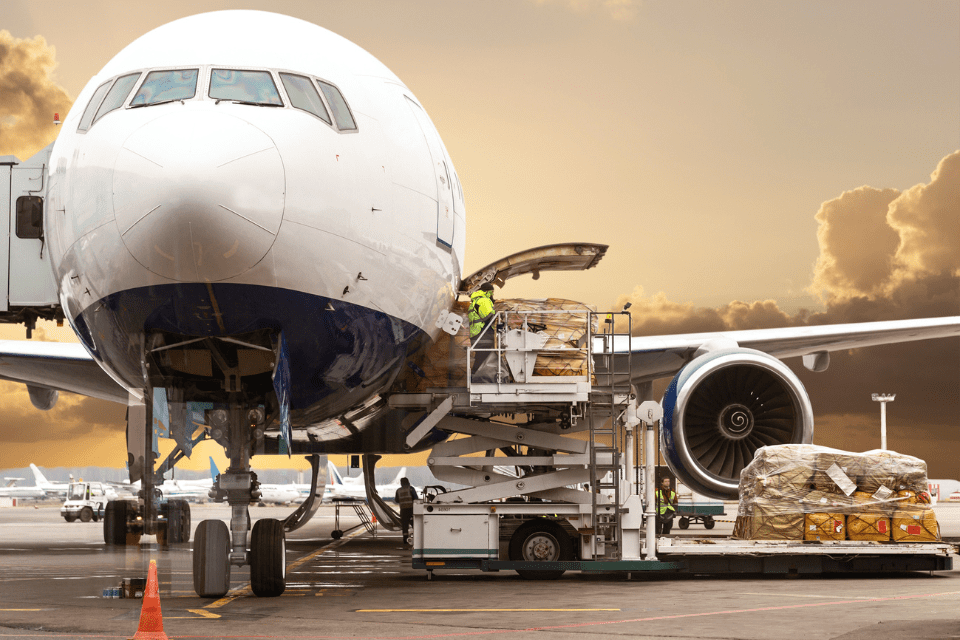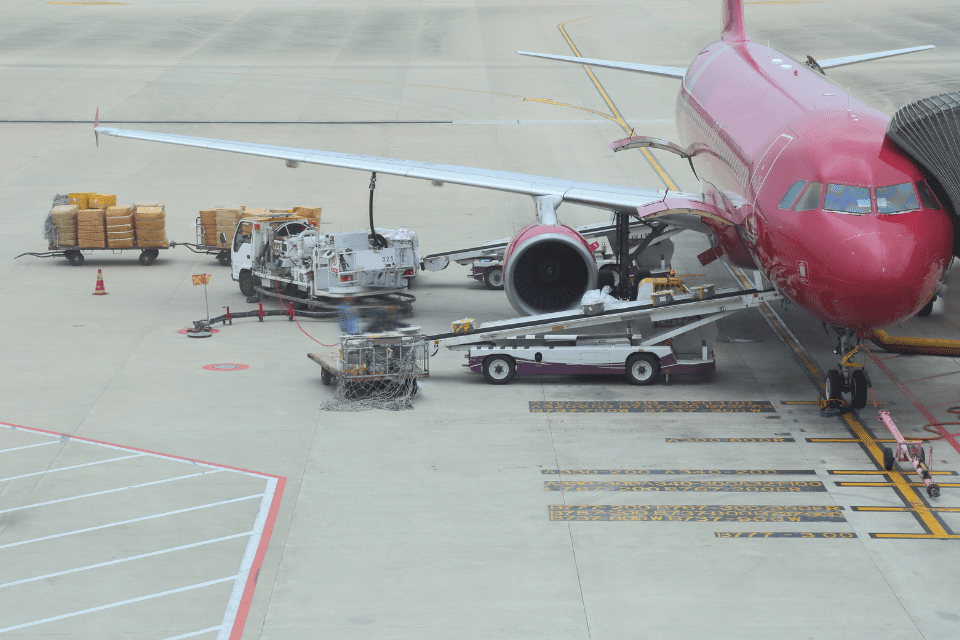Travelling – be it by road, ship, train or air can take its toll on your freight. From the potholes in the road to the turbulence in the sky, your freight for business purposes can experience damage.
Damaged freight is not what anyone wants arriving to your business site or customer’s address.
Both time and money goes into sending it the first time around, so the logistics involved to get it sent back and replaced only doubles time and money.
Want to know how to securely package your goods?
Find out the crucial considerations and different kinds of packaging.
Read more the Perth air freight specialists at CASAIR, to find out.
What to think about
As Perth air freight specialists for over 20 years, we know how to package freight and we’ve compiled what we believe is best for businesses to do so.
Depot environment
Freight and shipping depots often see plenty of movement. For this, use shrink wrapping for all palletised goods or wrapping your loose items with bags to ensure they remain clean when they arrive at the intended address.
Labels
Don’t forget to label everything. This will ensure they’re sent to the right address. Make sure the labels are easy to read and visible, including fragile freight as “FRAGILE.”
For help with dangerous goods, please reach out to our team. We are professionally capable to assist.
Road transport
If you’re planning to send freight by road, always consider the route. Certain routes can be winding, filled with potholes and with obstacles that truck drivers can find difficult to navigate.
Shape of the freight
The size of the freight is important, but so is the shape of the freight. Keep everything as square as possible and remember to package the goods well so nothing overhangs.
Finally, don’t forget to choose the right box – one that isn’t too heavy, but also is stable and fits your freight.
The different kinds of packaging
There are multiple forms of packaging to suit different freight types.
Let’s delve into them a bit deeper:
Bands and straps
In either plastic or steel, bands and straps are used to tie down freight onto pallets to secure your freight.
Blanket wrap
This is where carriers wrap items in blankets to protect them during transport for a white glove delivery service to the customer.
Boxes
Packing items into boxes while not only keep them together but prevent damage during transit. Fill the empty spaces in boxes with foam or bubble wrap to further protect your loose items.
Crates
Available in different sizes, crates have solid walls which gives freight superior protection. Not only this, but crates are also easier to load and unload – making them a great packaging solution for fragile freight.
Pallets
Pallets are easier to handle and provide great freight stability. Avoid overhanging though and ensure even distribution.
Shrink wrap
This is a great measure to utilise around the outside of palletised freight, keeping everything together and clean. It’s also a great way to visibly display labelling.
And there you have it – a comprehensive guide to securely packaging your goods, regardless of your method of transport.
Looking for the right freight partner for your business? Contact CASAIR today.











